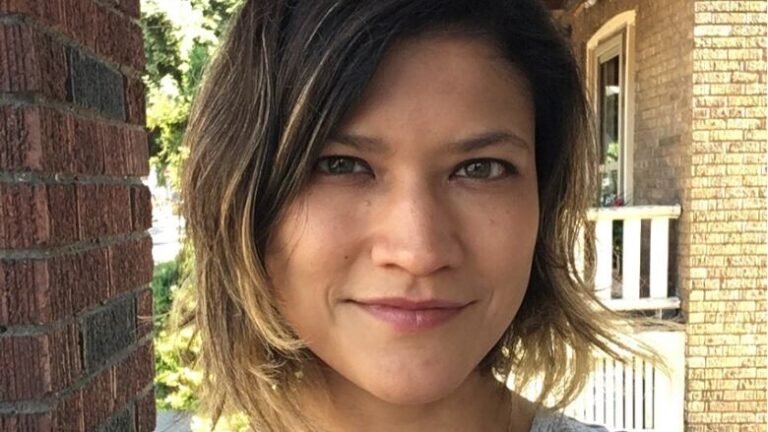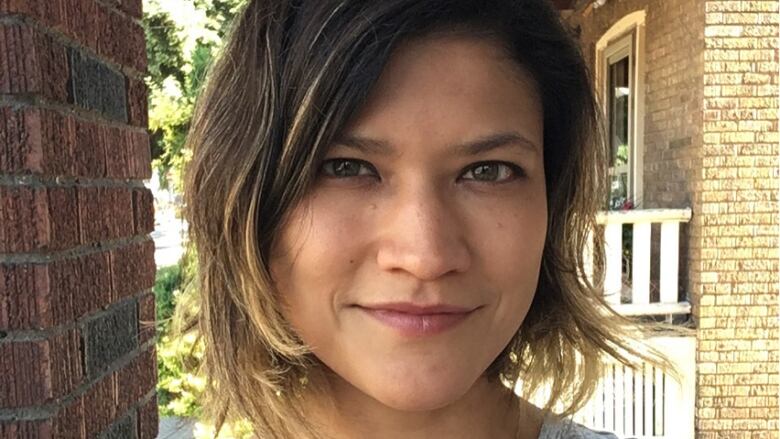This talk examines the political promise of inverting the courtship novel’s dream of the “good life” through the example of Frances Burney’s 1778 novel Evelina: or, a Young Lady’s Entrance into the World. While Evelina devotes itself to cultivating a form of self-contained personhood through a by now familiar marriage plot, I ask whether novelistic subjects conceived along these lines nevertheless contain anything that might contribute to a theory of public life as more than a foil for the rewards of privatizing ourselves and capitalizing upon our social integration. I argue that Evelina, despite its heavy emplotment of marriage as the only desirable end of “a young lady’s entrance into the world,” contains ideas about sex and subjectivity other than as forms of shelter from the world and its uncomfortable pressures, ideas that may point the way to a different theory of shared life than the novel is usually credited with hosting. The aperture for this reading is the figure of Evelina’s laughing mouth.


Occurrences
-
Monday, March 11, 2024, 12:30 p.m.–1:30 p.m.